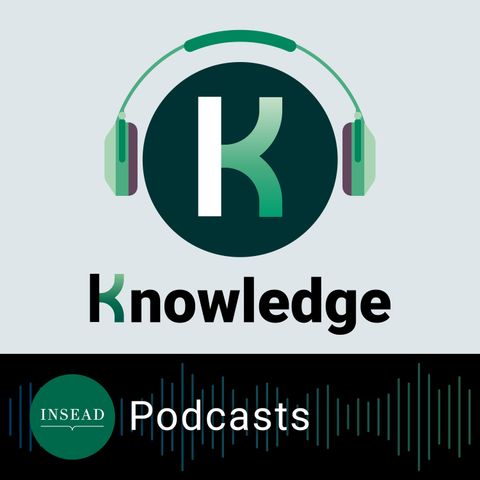What Businesses Can Learn From Humanitarian Operations

Descarga y escucha en cualquier lugar
Descarga tus episodios favoritos y disfrútalos, ¡dondequiera que estés! Regístrate o inicia sesión ahora para acceder a la escucha sin conexión.
Descripción
Supply chain disruptions have become commonplace in recent years due to the increasing occurrence of natural disasters, the Covid-19 pandemic, the Ukraine war and various forms of geopolitical tension. In...
mostra másIn this podcast, INSEAD Knowledge speaks to Luk Van Wassenhove, Emeritus Professor of Technology and Operations Management and academic director of the INSEAD Humanitarian Research Group (HRG). He is not only well-known in the field of operations management, but also recognised as one of the pioneers in humanitarian operations.
In the past, humanitarian organisations have benefited from adapting best practices from the commercial sector, but businesses can also gain insights from how humanitarian organisations operate in extreme conditions. How do they overcome uncertainty, time pressure, challenging physical conditions and the lack of resources and information?
Van Wassenhove’s serendipitous engagement with the humanitarian world – including the Red Cross in Geneva and the UN World Food Programme for the UN Joint Logistics Centre – 25 years ago made him realise that operations management professionals have much to learn from humanitarian organisations. In fact, learning can be a two-way process. This is where the INSEAD HRG has a role in bridging knowledge between the two seemingly unrelated sectors.
Companies need to look beyond their current and immediate boundaries and be open to learning from others. They should also learn to work with diverse stakeholders, be agile in dealing with unexpected situations, decentralise and localise where possible and empower employees to increase responsiveness. Moreover, principles of humanitarian work are increasingly relevant in a world with a growing divide. If companies follow the example of humanitarian organisations by embracing the principle to “do no harm” and take responsibility for the impact of their business, society and the environment will benefit greatly from this change.
Información
| Autor | INSEAD Knowledge |
| Organización | INSEAD Knowledge |
| Página web | - |
| Etiquetas |
Copyright 2024 - Spreaker Inc. an iHeartMedia Company
